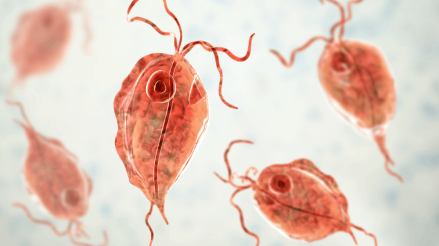You may also like…
Syphilis
Syphilis is a serious bacterial sexually transmitted infection caused by spirochete T Pallidum. A woman who becomes pregnant while infected with syphilis has a 50% chance of her pregnancy ending in miscarriage or birth.
Treponema pallidum enters the body through intact mucous membranes or by invading the mucous membranes membranes though abrasions.
Syphilis is very easily transmitted to a baby (it can cross through placenta) or during childbirth. Congenital syphilis is extremely dangerous for a baby, with a risk of death if untreated.
Untreated Syphilis may cause fertility problems in both men and women. In later stages of the disease, it can cause damage to organs and nerves, and end-up affecting all the systems of the body, including the reproductive system. For men, epididymitis causes infertility problems.
Treatment with penicillin: with penicillin can help protect mother and baby throughout the pregnancy and beyond. When caught early, transmission rates drop to 1 or 2% from the transmission rate among untreated mothers. Penicillin is the only treatment for Syphilis. Women who have a previous history of Syphilis opt for ongoing monitoring and testing to ensure that their baby hasnt caught any signs of congenital syphilis.
Powered by Froala Editor





